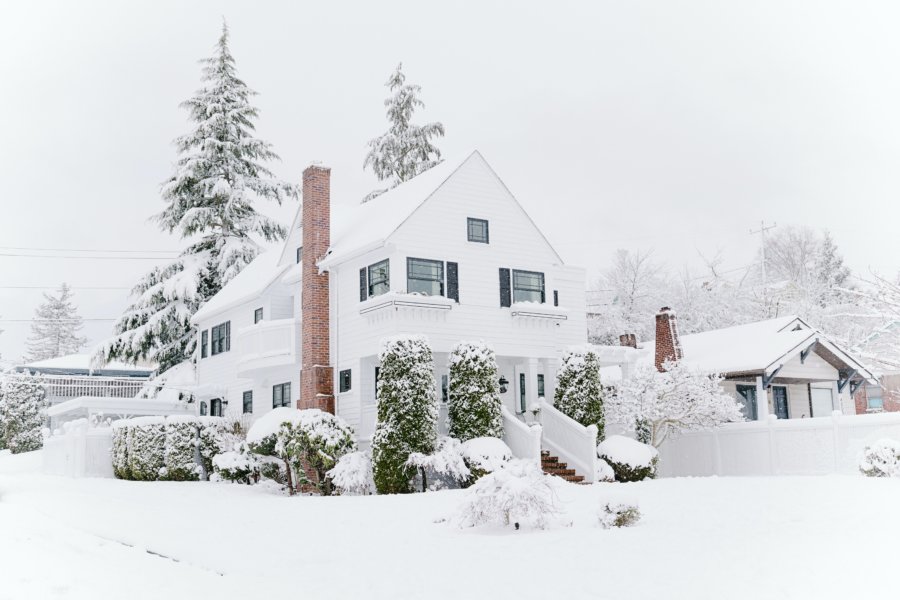Real estate is constantly changing, and buying a home has become extremely difficult over the past few years. In 2021, property values skyrocketed, making real estate great for sellers but challenging for buyers. Experts expect the market to relax a little bit in 2022, but it’s still not the most ideal situation for many buyers. That doesn’t mean you should avoid buying all together. If you do your research and are diligent, you can certainly find your dream home. Read on to learn a little bit about buying a home in 2022.
Home Prices Will Keep Rising, But At A Slower Rate
Although home prices are expected to continue rising in 2022, they’ll be at a slower pace than they were in 2021. According to the National Association of Realtors, home prices are expected to increase by just 2.8% in 2022. Other experts, such as the mortgage bankers association and the housing finance company Fannie Mae, predict a more modest increase of around 7%.
Mortgage Rates Will Increase, But Still Be Low
Despite the expected increase in mortgage rates in 2022, the average 30-year fixed-rate remained at a historic low of 3% in 2021. It’s important to note that even if the increase is as predicted, the mortgage rates will still be fairly low.
According to Yun of the National Association of Realtors, the average 30-year fixed mortgage rate will increase to 3.7% in the coming months. Other organizations such as The Mortgage Bankers Association or Fannie Mae believe that it will raise to 4% and 3.3%, respectively.
Actually Buying A Home
Knowing a bit more about the housing situation in 2022, you may decide to go ahead and start house hunting. But are you prepared? Ask yourself a few questions to be sure you understand what you’re getting yourself into.
Are You Financially Prepared?
No matter what the housing market is like, it’s always important that you make sure you’re financially prepared to buy a house. This means a lot more than being able to make a mortgage payment each month. You’ll want to make sure you have the money put aside for closing costs, moving costs, potential repair costs and so much more. You’ll also want to make sure you have a high enough credit score to take out a mortgage.
Research Neighborhoods
It’s important to research the places you’re considering moving to. You don’t want to buy a house and then find out months later that you hate the area. If you have kids, research the local school system. You may want to look at crime rates, or what the weather tends to be like in the area so you can avoid potential flood zones. These things are important to make sure you’re happy with your home in the long run.
Find The Right Real Estate Agent
Finding an experienced real estate agent who cares more about making their clients happy than they do making a sale is integral to finding the perfect home. Research local realtor reviews, or ask friends and loved ones for recommendations. The agent you work with can make or break the entire homebuying process.





